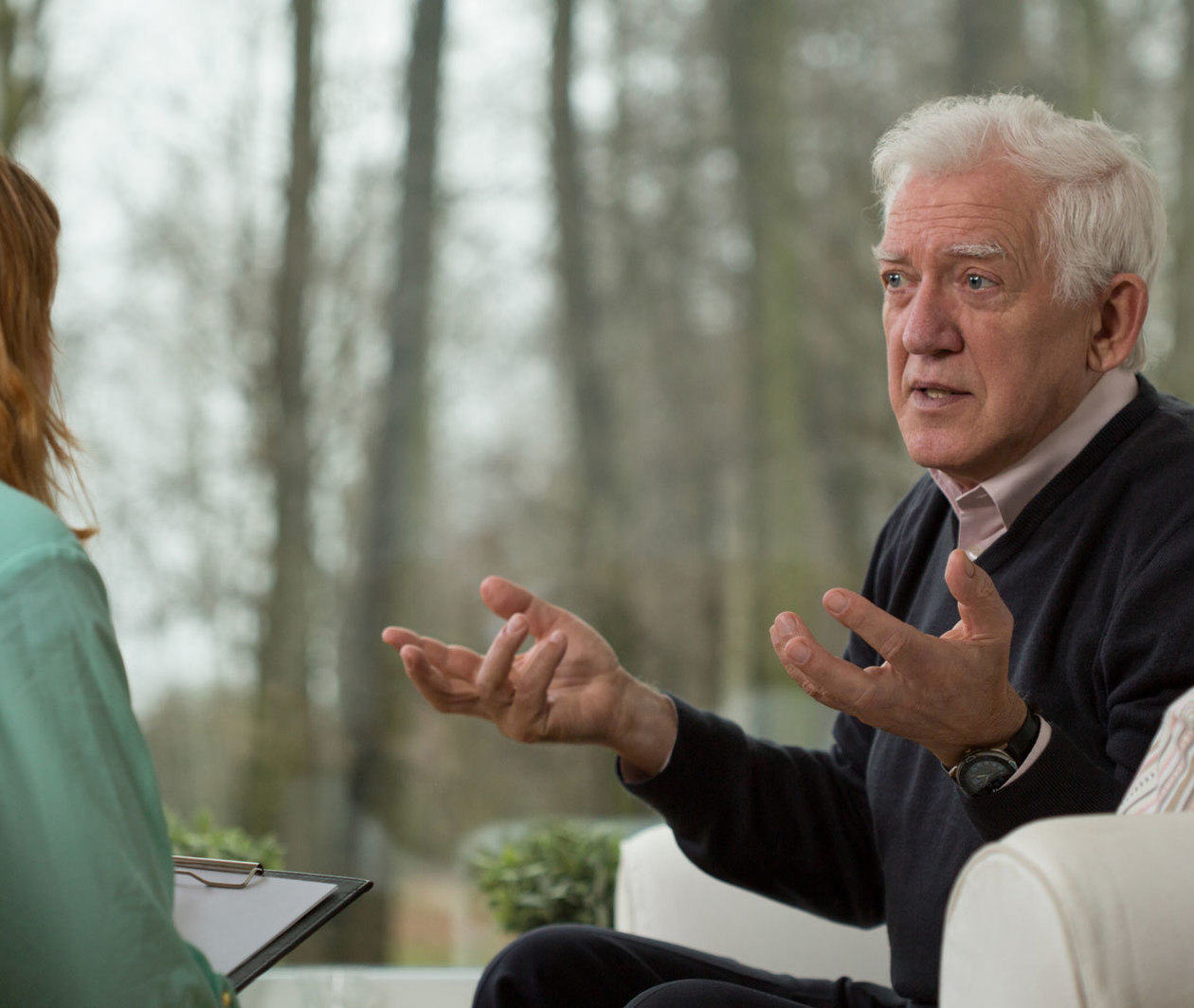Understand the ageing process and the factors to consider when using cognitive behavioural therapy (CBT) with older people.

Duration
3 weeksWeekly study
3 hours
CBT with Older People
Other courses you might like
This course isn't running right now. We can email you when it starts again, or check out these other courses you might like.
Browse more in Healthcare & Medicine
Enhance your knowledge of CBT and ageing, and how to use CBT with older people
This online course provides an efficient introduction to cognitive behavioural therapy (CBT) with older people.
You’ll first cover the basic theory and practice of CBT, before focussing on how working with older people can be different, because of comorbidity, complexity, chronicity, continuity, and contextual factors.
You’ll also become knowledgeable about normal and healthy ageing – as well as late-life depression and anxiety disorders – which may influence your expectations for optimal treatment outcomes when using CBT with older people.
What topics will you cover?
- Introduction to CBT, covering the fundamentals of an evidence-based approach to structured psychological therapy for depression and the anxiety disorders.
- Introduction to Ageing. Providing a contemporary account of ageing in the UK and within a modern global approach to ageing. Completing this course students will have a greater appreciation of what is and isn’t normal ageing.
- Introduction to age-appropriate CBT. A modern theory enhanced account of how CBT is different with Older People with a description of some new age-specific cognitive and behavioural interventions.
When would you like to start?
Date to be announced
Add to Wishlist to be emailed when new dates are announced
Learning on this course
On every step of the course you can meet other learners, share your ideas and join in with active discussions in the comments.
What will you achieve?
By the end of the course, you‘ll be able to...
- Discuss CBT theory and how this is relevant for effective treatment outcome.
- Describe normal ageing and how this may be important when using CBT for late life depression and the anxiety disorders.
- Develop a working knowledge of the latest evidence on efficacy of CBT with Older People.
- Describe an age-appropriate approach to CBT and when it may be used.
- Create a treatment plan for CBT with Older People.
Who is the course for?
This course is designed for clinical psychologists, psychiatrists, allied health professionals, nurses and Improving Access to Psychological Therapies (IAPT) professionals, who come into contact with older people in clinical practice.
Who will you learn with?
Professor Ken Laidlaw, Head of Department of Clinical Psychology at UEA has over 20 years of clinical experience with older people. Ken conducted the first UK RCT of individual CBT with Older People.
Dr Adrian Leddy is a Clinical Psychologist who has worked in the NHS with older adults for 14 years. He has been a Clinical Tutor on the Doctorate in Clinical Psychology Course at UEA since 2012.
Learning on FutureLearn
Your learning, your rules
- Courses are split into weeks, activities, and steps to help you keep track of your learning
- Learn through a mix of bite-sized videos, long- and short-form articles, audio, and practical activities
- Stay motivated by using the Progress page to keep track of your step completion and assessment scores
Join a global classroom
- Experience the power of social learning, and get inspired by an international network of learners
- Share ideas with your peers and course educators on every step of the course
- Join the conversation by reading, @ing, liking, bookmarking, and replying to comments from others
Map your progress
- As you work through the course, use notifications and the Progress page to guide your learning
- Whenever you’re ready, mark each step as complete, you’re in control
- Complete 90% of course steps and all of the assessments to earn your certificate
Want to know more about learning on FutureLearn? Using FutureLearn
Learner reviews
Learner reviews cannot be loaded due to your cookie settings. Please and refresh the page to view this content.
